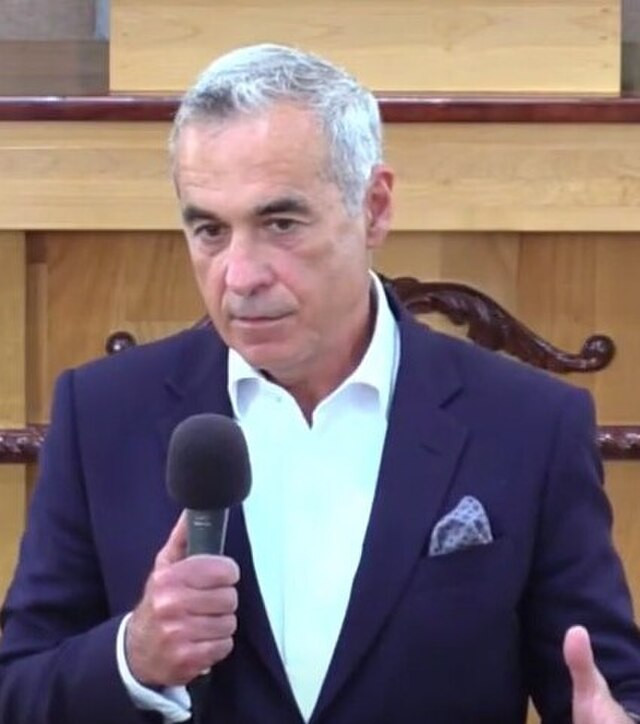Romania's top Constitutional Court on Friday took the extraordinary step of annulling the first round of its presidential election, throwing the nation's political scene into disarray and fueling questions about its electoral integrity. The decision followed alarming reports of Russian-backed interference, including the alleged manipulation of social media platforms to boost far-right outsider Calin Georgescu, who won the now-voided first round held on November 24.
President Klaus Iohannis had declassified intelligence documents on Wednesday, revealing what he called a "sprawling" Russian campaign orchestrated through an array of social media channels, including TikTok and Telegram. According to the files, Romania's Intelligence Service, the Foreign Intelligence Service, the Special Telecommunication Service, and the Ministry of Internal Affairs uncovered coordinated efforts to inflate Georgescu's popularity. Prime Minister Marcel Ciolacu said in a statement that the annulment was "the only correct solution," insisting that "Romanian people's vote was flagrantly distorted as a result of Russian interference."
Georgescu's rapid rise stunned political observers. Before the first round, polls put him well behind mainstream contenders, including reformist candidate Elena Lasconi of the Save Romania Union party. Yet Georgescu emerged as the frontrunner without declaring campaign spending, raising eyebrows among analysts and prompting immediate scrutiny of his massive TikTok following. U.S. officials have taken note: "We are concerned by the Romanian Supreme Council for National Defense (CSAT)'s report of Russian involvement in malign cyber activity designed to influence the integrity of the Romanian electoral process," said U.S. State Department spokesperson Matthew Miller on Wednesday. "The data referenced in the report should be fully investigated."
Elena Lasconi, who was set to face Georgescu in a runoff scheduled for Sunday, strongly condemned the court's decision. "We should have moved forward with the vote. We should have respected the will of the Romanian people," she said. "9 million Romanian citizens ... expressed their preference. We cannot ignore their will!" Lasconi described the annulment as "illegal, immoral, and crushes the very essence of democracy." Still, she declared her determination to run again if necessary, adding, "I know I would have won. And I will win because the Romanian people know I will fight for them."
The annulment came after a week of mounting controversies. Previously, the same court ordered a recount, and on Friday, it issued its unprecedented ruling to scrap the entire first round. Under the Constitution, the decision is final and obligates the government to restart the electoral calendar. Cristian Andrei, a Bucharest-based political consultant, told The Associated Press: "In light of the information about the external interference ... it's not normal times at all. Romania is an uncharted territory. The problem is ... do we have the institutions to manage such an interference in the future?"
Romania, a European Union and NATO member, has until now enjoyed a reputation as a steadily maturing democracy. The president wields influence in security policy, foreign affairs, and judicial appointments. Now, with the election nullified, the process will have to begin again, likely resulting in a new date for the initial round of voting. Observers worry that the crisis could weaken public trust and reverberate through Romania's alliances, particularly after the U.S. State Department warned that any shift away from the West "would have serious negative impacts on U.S. security cooperation with Romania."
On Wednesday, a Romanian official described Georgescu's first-round success as "an extraordinary triumph for ... Putin" that could undermine the country's progress since the fall of communism. Georgescu, for his part, dismissed the notion that TikTok's Chinese ownership posed a threat. "The most important existing function for promoting free speech and freedom of expression is social media," he told The Associated Press, pushing back against the interference claims.
Meanwhile, hundreds of protesters took to the streets of Bucharest, rallying in favor of a pro-Western course and criticizing Georgescu's far-right platform. Many demonstrators accused foreign powers of trying to influence Romania's political destiny. "Romania, a landmark in the EU and NATO," read one banner.




